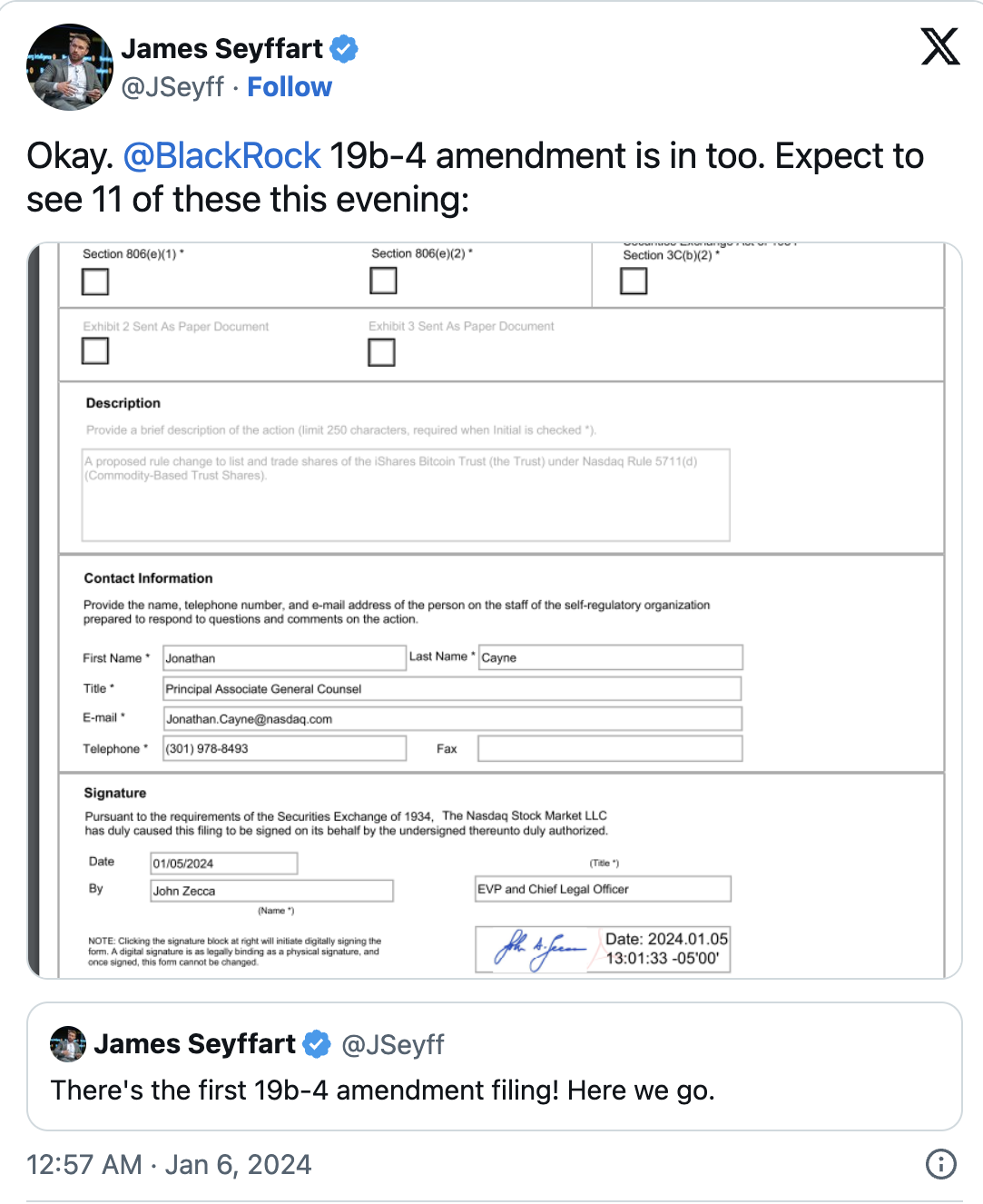The world’s largest asset manager BlackRock announced plans to reduce its global workforce by approximately 3% in the coming days. This development comes amidst expectations of receiving positive news from the United States Securities and Exchange Commission (SEC) officials regarding BlackRock’s application for a spot Bitcoin exchange-traded fund (ETF). So, what are the noteworthy developments in this process? Let’s examine them together.
Unexpected Move from BlackRock
According to a report by Fox Business on January 6th, based on information from people familiar with the matter, about 600 employees will be laid off as part of routine internal adjustments. This step will be determined based on the performance of the employees over the last 12 months. Along with these developments, it was announced that BlackRock expects its spot Bitcoin ETF application to be approved on January 10th, which coincidentally is the same day that the SEC is due to approve or reject the ARK 21 Shares spot Bitcoin ETF application. However, the SEC’s deadline for BlackRock’s Bitcoin ETF application is not until January 15th.
This development followed the submission of a rushed amendment form to the SEC by spot Bitcoin ETF applicants in recent days. BlackRock submitted a 19b-4 update for its spot Bitcoin ETF application on January 5th.
The filing occurred on the same day as other asset managers including Valkyrie, Grayscale, Bitwise, Hashdex, ARK 21Shares, Invesco Galaxy, Fidelity, Franklin Templeton, VanEck, and WisdomTree.

Noteworthy Details on the ETF Application
These applications are one of the final steps in the SEC approval process, but completion of S-1 documents is necessary for US exchanges to list shares of investment securities that invest directly in crypto assets. Meanwhile, in December, BlackRock made changes to the Bitcoin ETF application to make it more accessible for Wall Street banks to participate by creating new shares with cash instead of crypto only.
The same redemption model will enable major banks to serve as authorized participants for the fund. This will allow them to circumvent restrictions that prevent them from holding direct Bitcoin or crypto on their balance sheets. With the process under consideration, institutions will be able to own direct spot Bitcoin for ETF products.

 Türkçe
Türkçe Español
Español









